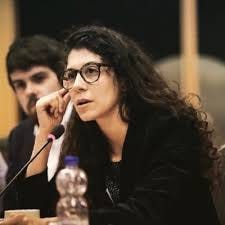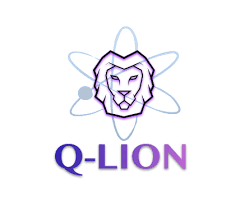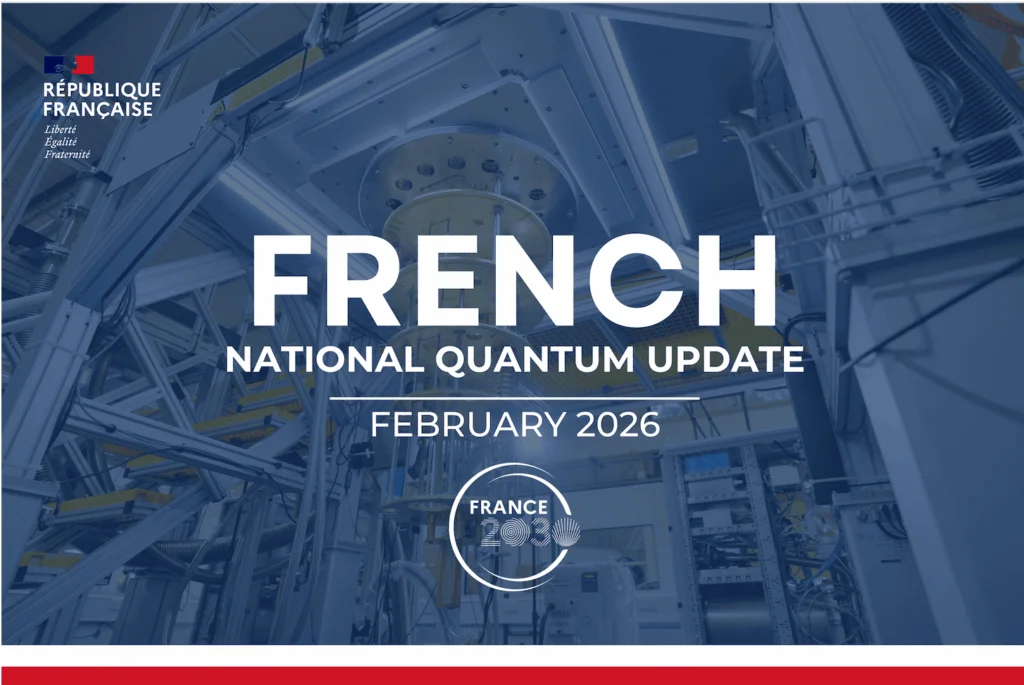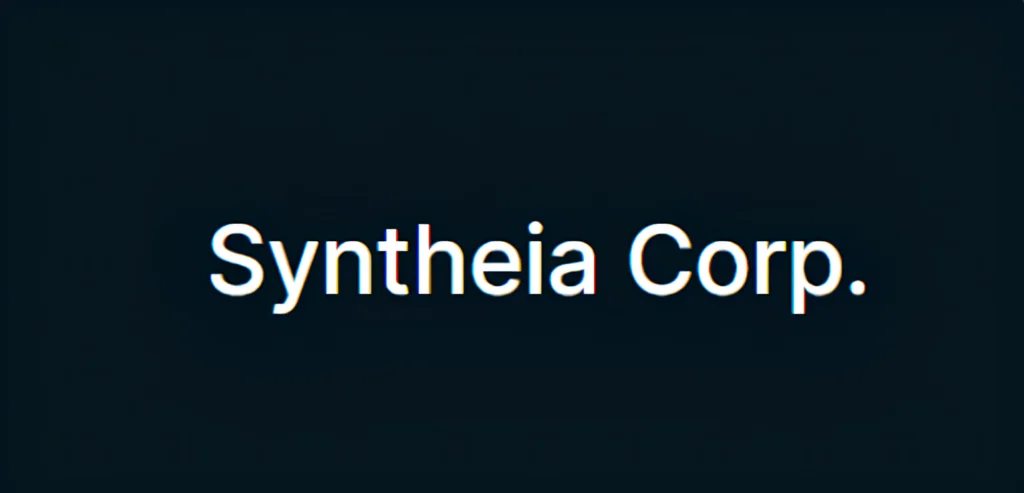
TQD: First of all, thank you for agreeing to the interview, Andrea. Can you please introduce yourself?
Rodríguez Blanco: I am from Leon, a small city in the north of Spain. I started studying physics in Spain but finished my Bachelor at University College London, UK where I started doing research on quantum physics. However, it was a summer school in Innsbruck in Austria in 2014 that made me become really interested in quantum computing and in particular in trapped ion quantum computing after visiting Rainer Blatt’s labs. From that moment I worked as an experimentalist with trapped ions at the University of Sussex and more recently I moved a bit to the theory side as part of my thesis at Complutense University of Madrid, where I am working towards fault-tolerant quantum error-correcting codes for trapped-ion platforms.
TQD: What is the Q-LION story?

Rodríguez Blanco: Q-LION arose as part of my thesis project. There was a point where I realized that there were almost no quantum-based startups in Spain, and I detected a niche market for fault-tolerant quantum error-correcting codes for existing platforms. There were already too many quantum software companies developing algorithms that could have useful applications and impact in society. Q-CTRL and Quantum Benchmark were developing some passive error mitigation techniques for characterization and mitigation of errors that can be corrected somehow but no one really focused on active quantum error-correcting codes. The theory of quantum error correction started to be developed in the ’90s with Shor and Steane’s codes. It is a really active field of research that I just needed to push to be adapted to the requirements of the new startups and hardware companies developing quantum processors independently of the type of qubit. Thus, I decided to participate in ExplorerbyX, a pre-accelerator program created by Santander Bank and CISE to accelerate ideas from talented young people across Spain, Portugal and Argentina.
TQD: How is growth so far? Any angel/VC investors?
Rodríguez Blanco: The growth is not going as fast as we wish because most of the team cannot work full-time on the project. We are aware that we do not know everything about quantum computing. There are more senior researchers, CEOs and CTOs than us and as a consequence, we have to work harder to be at the level that the quantum community demands so we hope that soon we could have people working full-time. For now, we have not closed any agreement with Angel or VC investors. We are considering now also the option of convertible notes to speed up the MVP valuation process.

TQD: What is the QC space like at the moment in Spain?
Rodríguez Blanco: I think that this year has been quite good for Spain in terms of new initiatives, public and private, promoting the research and further development of quantum technologies. Spain has always had really great theoretical physicists that have contributed to the field of quantum computing and also some Spaniards such as Dario Gil, Sergio Boixo and Elisa García Anzano leading areas of quantum computing at IBM, Google and Microsoft respectively. The problem is that we are aware of the talent our country has but people are too cautious to risk in deep tech like quantum computing. I think the problem is that people in Spain act as “observers” of the new technological markets instead of taking part in it. So, it is getting more and more interesting but not at the rate it does in other economies.
TQD: Who do you see as potential customers of Q-LION? What part can Q-LION play in the QC revolution?
Rodríguez Blanco: I think the plan for Q-LION will be to partner with those companies, startups or universities developing hardware for quantum computers, more like a B2B business than B2C for now. We want to help them to build more robust logical qubits. As most of them offer, or will offer, quantum computing as a service through the cloud, we think that the role of Q-LION will be to offer as a plus the robustness of the qubits through the cloud for those users or customers interested in more stable qubits.
TQD: What is your prediction for the future of QC? Will it be a game-changer or is all the noise, just that, noise?
Rodríguez Blanco: In my opinion I think we should keep trying, to keep pushing the hardware side, the fault-tolerant quantum error-correcting codes development, and algorithms for noisy and not so noisy quantum computers. The technology has advanced a lot in the last two decades, but for me, a huge milestone would be to build some, even if the smallest, fault-tolerant logical qubits and to test logical gate operations.
TQD: Thank you for your time, Andrea.
















